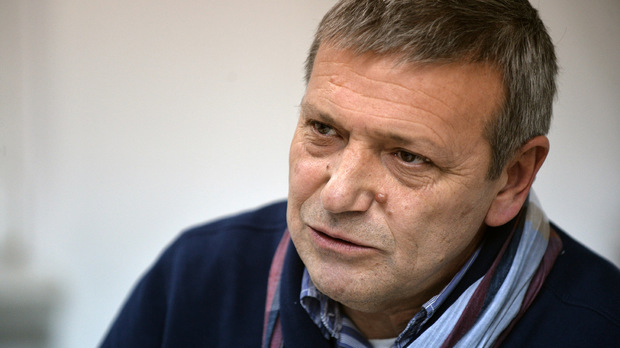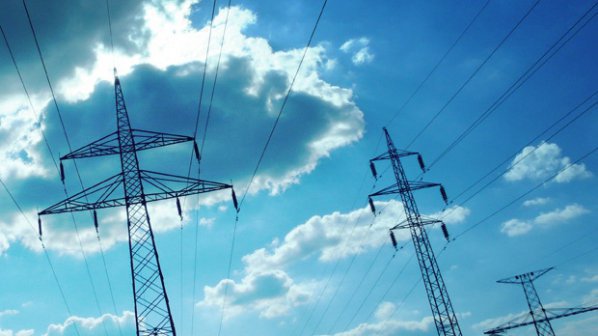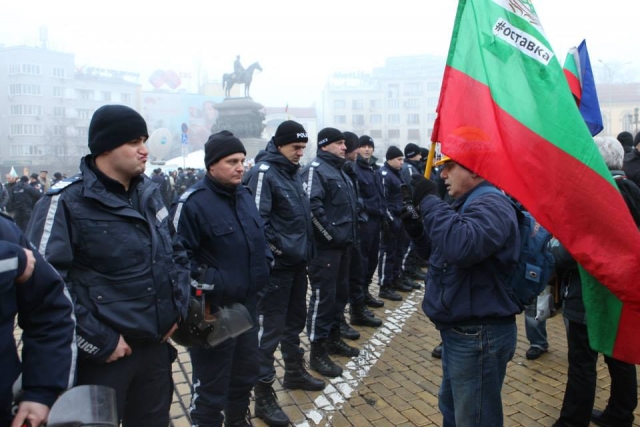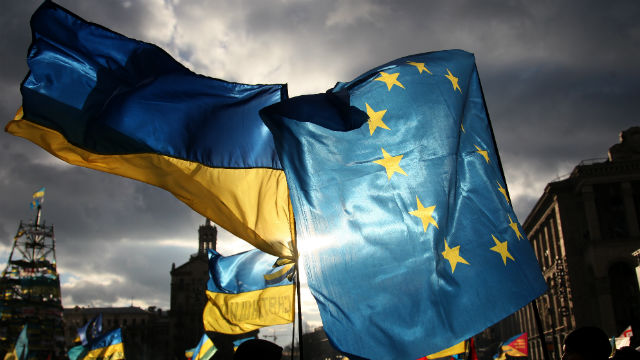Anastasia Balezdrova
After more than three years of resistance Greece’s government has started implementing the structural reforms which are assumed to give impetus to its economy. Two days ago it was announced that an agreement on the privatization of the most attractive property, the old airport in the seaside suburb of Athens, Elliniko, had been reached and yesterday that the European Union had approved the mega tranche of 8.3 billion euro for Greece.
 According to various commentators, Greece's economy is gradually beginning to rise onto its feet. Greece, Bulgaria, the European Union and the situation in Ukraine were the topics that GRReporter discussed with analyst PhD Krassen Stanchev, the founder and long-time chairman of the Institute for Market Economics.
According to various commentators, Greece's economy is gradually beginning to rise onto its feet. Greece, Bulgaria, the European Union and the situation in Ukraine were the topics that GRReporter discussed with analyst PhD Krassen Stanchev, the founder and long-time chairman of the Institute for Market Economics.
Mr. Stanchev, analysts say the European economy is beginning to recover. The same applies to Greece as well. Do you share this optimism?
The Greek statistics shows that, in the years after the outbreak of the crisis, there was a 25% drop in the gross domestic product but each year it is gradually declining. This year might be a turning point and slight growth will probably be reported. However, I repeat, this is statistics. Nobody knows what will happen.
What I see during my frequent trips to Greece is that, in general, the economy functions where it is not connected with the public sector. If Greece proceeds to a mass privatization, different from that in the Czech Republic and Bulgaria, and privatizes more quickly and more clearly, as is actually the case, it will probably have quite stable growth next year.
What is your forecast for the Bulgarian economy in 2014?
Everything is very unclear to make forecasts for Bulgaria, for the simple reason that the energy sector has so many problems in terms of payment that the National Electric Company is actually bankrupt. If it really goes bankrupt, this will involve other sectors and it will be no surprise if we end up in crisis and recession.
This is because of the very populist government. It is trying to maintain a system in which the revenues do not cover the spending. It is making social policy with electricity prices, which is nonsense. At the same time, it is making public companies incur additional debts. This is especially true for the Bulgarian Energy Holding.

In one of your previous interviews at the beginning of the year you forecasted that there would be early elections in Bulgaria this year. Do you still maintain this position?
Yes, I think this will happen mostly because of the energy sector, but also because of other stupid government actions.
Do you see the protests reviving again?
The protest is at the same level, "maintaining the symbol" with about 200 participants per day. However, from time to time, when something irritates the people, the group of protesters increases, although they are already protesting in a more sophisticated manner and for various reasons.
For example, about 4,000 people went out into the streets, when the construction works around the town of Byala were about to be resumed, although, in my opinion, there are no grounds for protest in this particular case. It is significant that, since 14 June last year, the major protest has maintained the symbol of disagreement, which is a very important political factor.
What could we expect from these possible early elections?
It is hard to say because the non-parliamentary opposition is quite divided and its behaviour is quite suicidal. Anyway, the right of rebellion and dissent is important. From a purely political point of view, things cannot become worse. The current configuration cannot form again.

Photo: Vasil Garnizov
However, a lot of new parties have recently been created. How will the Bulgarian parties perform during the European elections in your opinion?
I have no idea. I am not following this topic and I cannot say anything about it.
What is your attitude towards the conduction of an election referendum?
I have supported it, because some issues have to be resolved. It must be clear whether there will be voter registration, if we will proceed to a form that will allow Bulgarians abroad to vote, etc. These issues need to be resolved and a referendum is a good option.
Do you think that the European Union has a strategy that is effective enough to deal with the conflict in Ukraine?
There is no conflict in Ukraine. We have one country, the only one in the northern hemisphere, exclusive of North Korea, which is aggressive. The European Union has no such tools because it is an area subject to laws, it has democratic procedures and the people there are able to trade. It is hard to face an army with these things.

Photo: EPA/ Zurab Kurtsikidze
However, there is much criticism that Russia’s response is weak.
What the European Union should do is open prospects to Ukraine and not only to it alone. This means that the European Union should unilaterally remove all barriers for trade with all Eastern Partnership countries. This will be clear evidence that these countries, their citizens and businesses have a perspective unlike those in the Russian Federation and the member countries of the Euro-Asian Union.